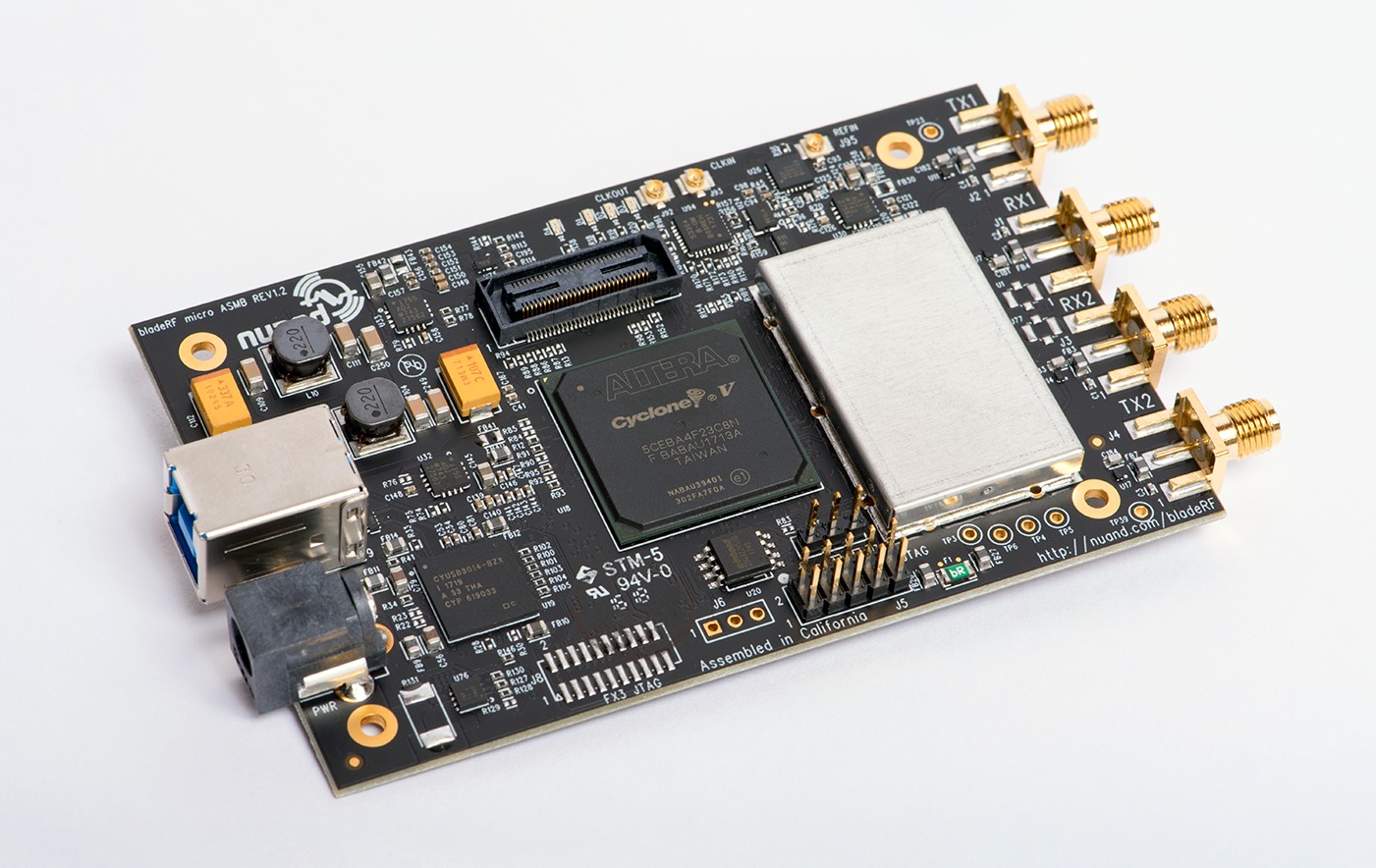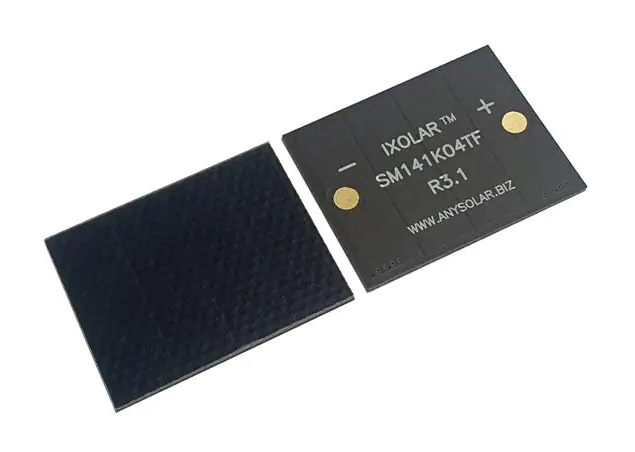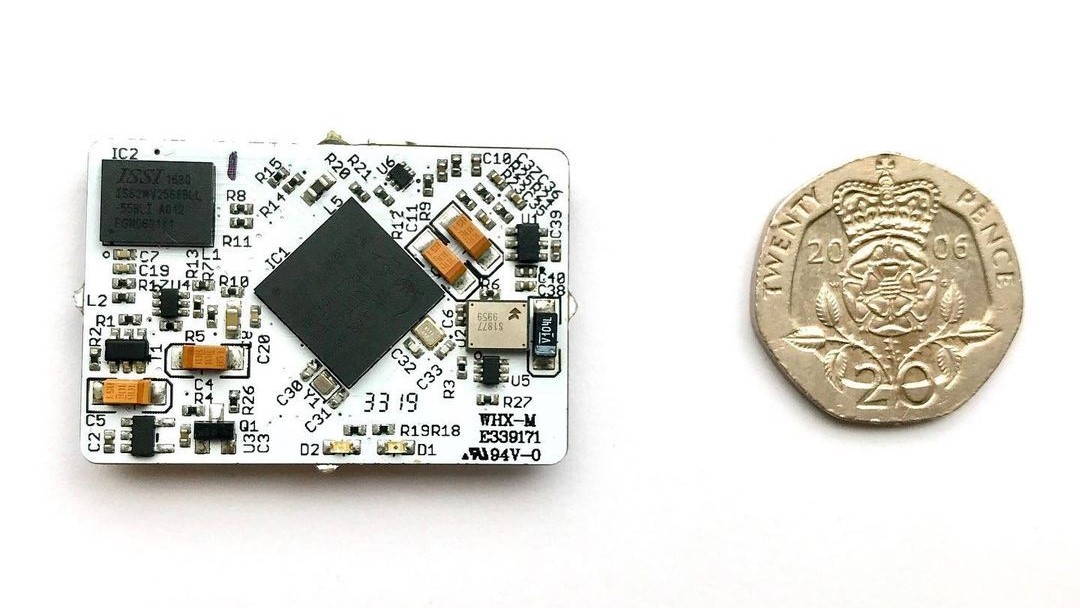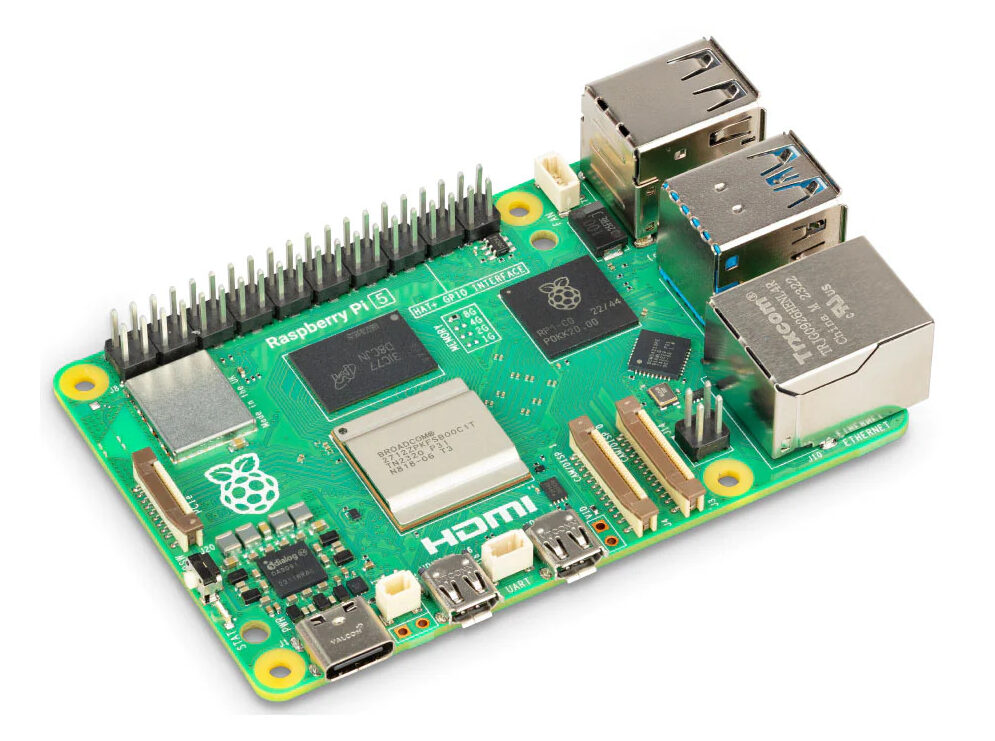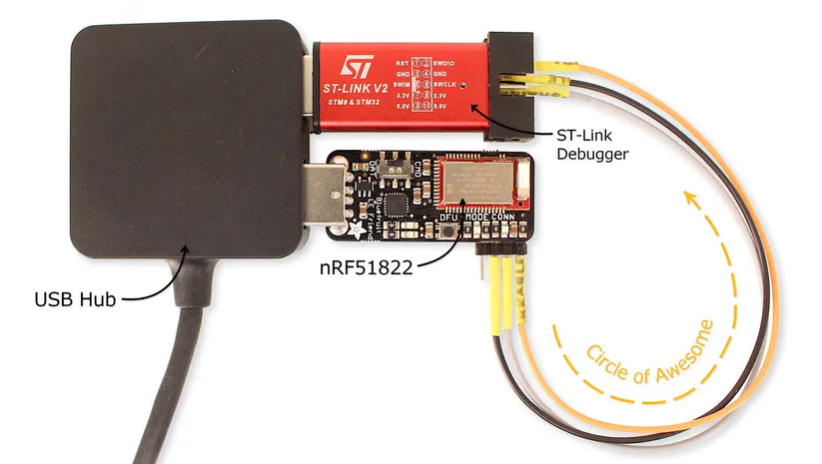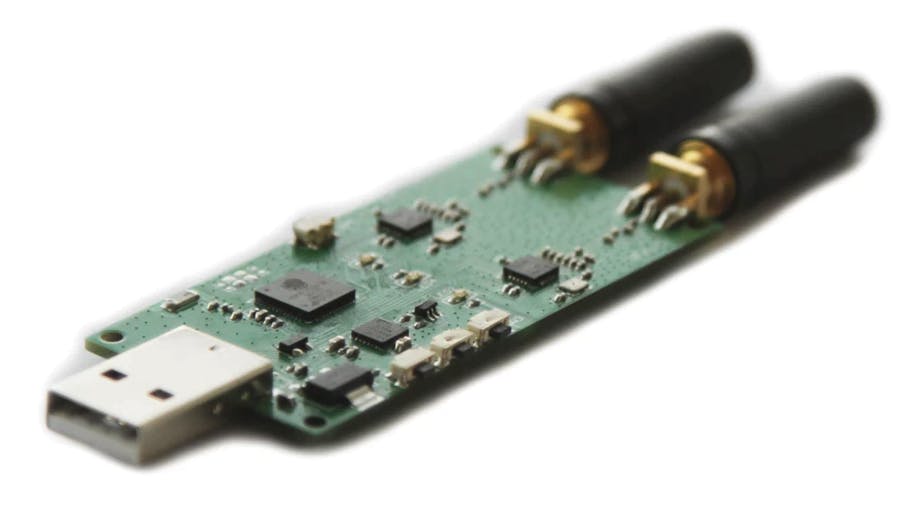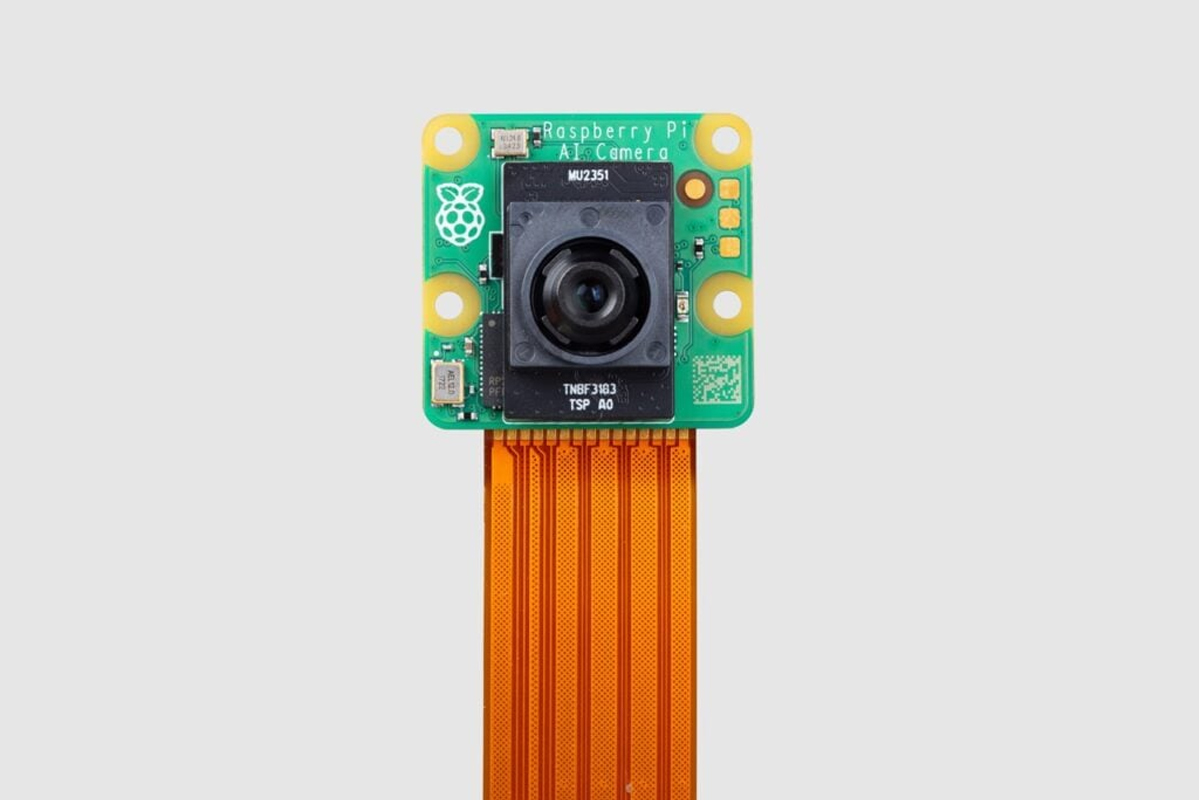
Raspberry Pi Releases AI Camera Module With 12MP Sony IMX500 Vision Sensor for Smart Applications and Image Processing
Raspberry Pi Ltd has recently launched, the Raspberry Pi AI Camera, a compact camera module, featuring the Sony IMX500 Intelligent Vision Sensor. It has a 12-megapixel sensor with built-in AI, making it easy to create smart vision-based projects without extra hardware. The AI Camera supports multiple sensor modes, including 4056×3040 resolution at 10 fps (frames per second) and 2028×1520 resolution at 30 fps (frames per second). It features a 1.55 µm × 1.55 µm cell size and offers a 78-degree field of view with manually adjustable focus. The camera includes an integrated RP2040 microcontroller, which manages neural network operations and firmware.
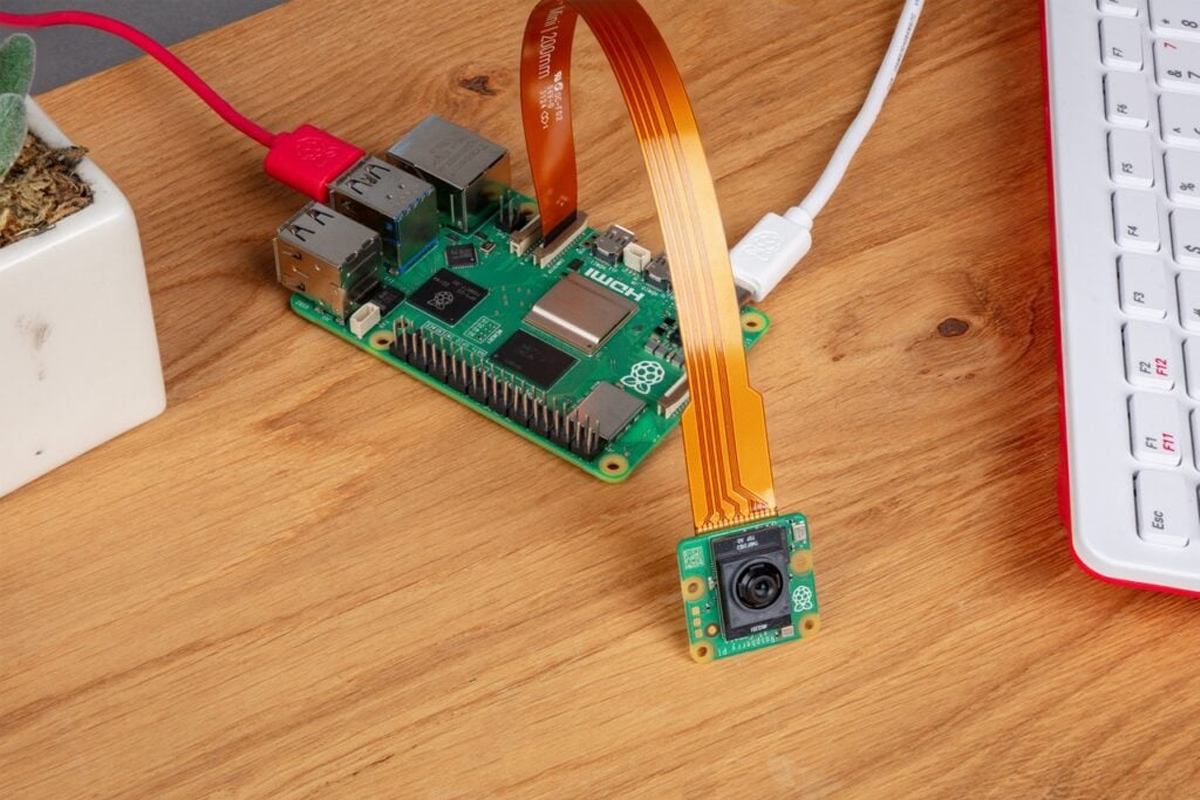
Additionally, it comes pre-loaded with the MobileNet machine vision model, enabling out-of-the-box AI-powered image recognition and vision tasks. This camera has support for tensor metadata in the lib-camera and Picamera2 libraries, and the rpicam-apps application suite, making it easy for beginners to use while offering advanced users unparalleled power and flexibility. Its design is almost identical to the Raspberry Pi Camera Module 3. You can connect the AI Camera to all Raspberry Pi models, including Raspberry Pi Zero, using regular camera ribbon cables.
Previously we have written some Raspberry Pi-based AI camera modules including the Arducam Pinsight, the Vizy, the Vantron HCAM26 and many more. Feel free to check those out if you are interested in the topic.
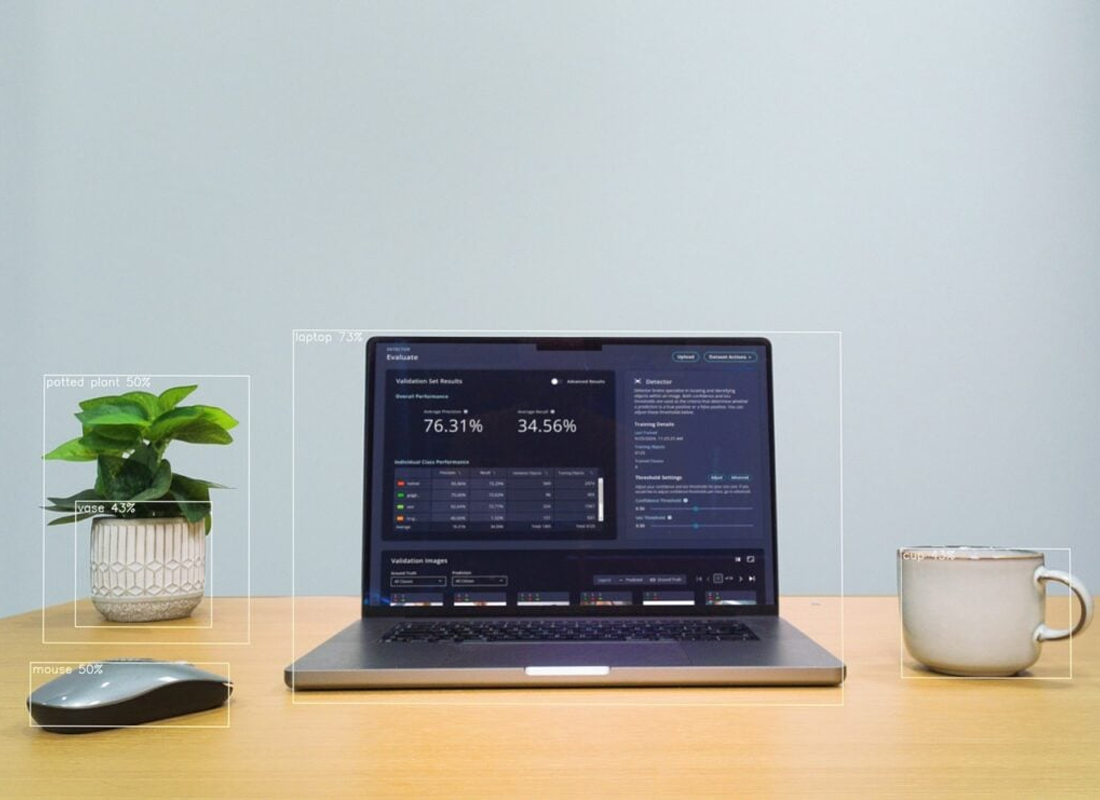
Raspberry Pi AI Camera Specifications:
- Camera Sensor: Sony IMX500 Intelligent Vision Sensor with a powerful neural network accelerator
- Camera Resolution: 12.3 megapixels
- Framerate:
- 2028×1520 (2×2 binned): 10-bit, 30 fps
- 4056×3040 (full resolution): 10-bit, 10 fps
- Image resolution: 4056 × 3040 pixels
- Sensor size: 7.857 mm (type 1/2.3)
- Pixel size: 1.55 μm × 1.55 μm
- Memory size:
- 16MB flash device to cache recent models
- 8,388,480 bytes (for firmware, network weight file, and working memory)
- IR cut filter: Integrated RP2040 for neural network firmware management
- Autofocus: Manual adjustable focus
- Focus range: 20 cm to ∞
- Focal length: 4.74 mm
- Field of view Angle: 78.3 (±3) degree
- Horizontal: 66 ±3 degrees
- Vertical: 52.3 ±3 degrees
- Focal ratio (F-stop): F1.79
- Infrared sensitivity: No
- Output formats: Bayer RAW10, ISP output (YUV/RGB), ROI, metadata
- Input tensor max size: 640(H) × 640(V)
- Input data type: int8 or uint8
- Compatibility: Raspberry Pi 3 and 4
- Dimensions: 25 × 24 × 11.9 mm
- Ribbon cable length: 200 mm
- Cable connector: 15 × 1 mm FPC or 22 × 0.5 mm FPC
- Operating temperature: 0°C to 50°C
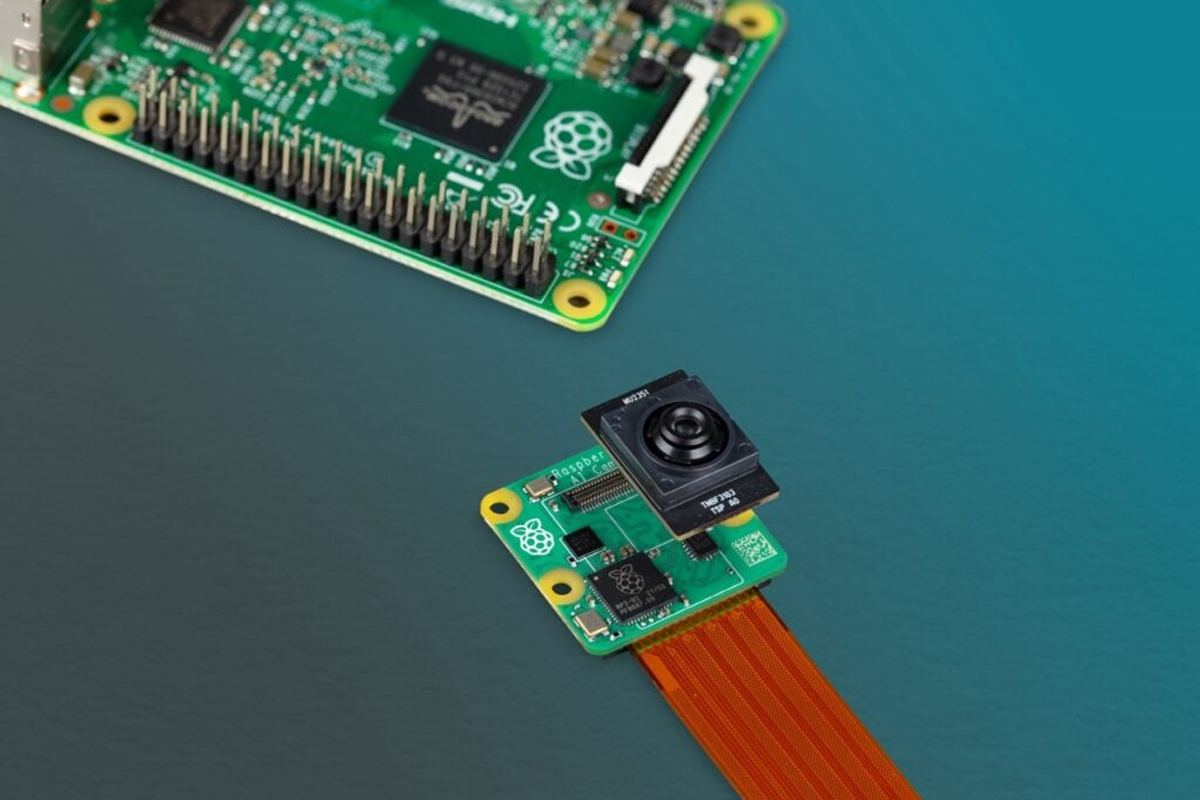
You’ll need the latest version of Raspberry Pi OS, and only a few models are included in the built-in software. However, more models are available on Raspberry Pi’s IMX500 “model zoo” GitHub repository, which is a useful resource for using the camera with Python. For additional information, you may check out their announcement page.
The Raspberry Pi AI Camera has passed extensive compliance testing and meets international standards. It will be in production until at least January 2028. A product brief and guides are available to help users quickly get started with their projects. It is available in their official store at $70.00 along with a datasheet. However, this product is sold through some approved Resellers like Robu, E2U, and Silverline Electronics.





